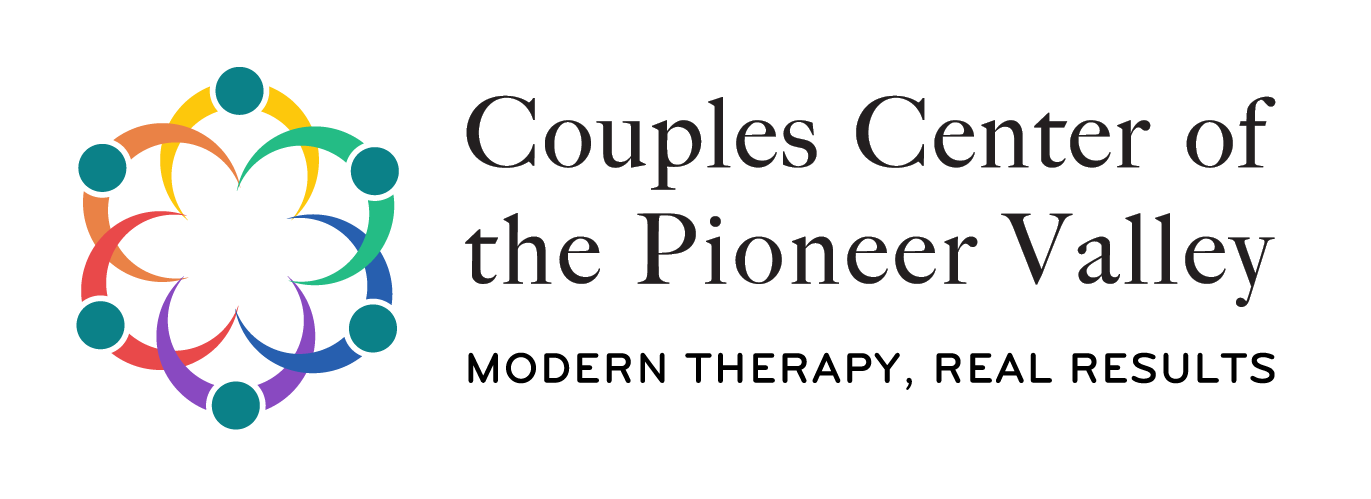The Work
Written by CJ Everhart, LMHC
Growing up, there are so many things that no one tells us about what it means to be an adult. For instance, you'll desperately want to nap and no, you can't actually do whatever you want. The absence of what we haven't learned impacts us in ways unforeseen and unrealized and learning new things, especially as we get older, often proves challenging. Interestingly, the myriad of things we did learn can cause even greater challenges, especially regarding our relationships.
One major thread in the tapestry of becoming an adult involves shedding the fear based and limiting messaging we received regarding how to gain connection. This process is vital because for so many of us, the coping strategies we developed in order to get our needs met and "connect" in our families of origin can be the very patterns that now keep us feeling disconnected from our partners and unfulfilled in our relationships.
For most of us, we learned very early on not to say certain things or express specific behaviors if we wished to maintain connection. These things usually centered around the idea that we were responsible for the feelings of those around us; we learned that we were to blame if our feelings hurt our family members, or if our needs conflicted with the wants of our caregivers. This could happen in many ways: getting in trouble for saying "yuck" to the ugly sweater grandma gave you for the holidays or being told you were not being kind if you did not want to immediately share the toy you were playing with. These supposedly benign communications that your feelings, your truths, your wants were not necessarily safe to share occurred countless times throughout childhood and adolescence. Additionally, there is another way some of us may have learned this harmful message: relationships with caregivers who couldn't make enough space for a child's wants or needs because they were grappling with their own complex issues such as trauma, substance abuse, or mental illness. In many distinct forms and to varying degrees, nearly everyone received and internalized the lesson that it was unsafe to share our inner truths, feelings and wants because we could be rejected by those family members whose connection we depended on.
Now, I know what some of you may be thinking - isn't it good to teach kids to share, aren't we supposed to care about how we impact other people? Of course, we want our little people to grow into thoughtful and caring members of the community, but we must think about how we are doing that and at what cost. Is the motivation intrinsic or extrinsic? Is it a race towards people pleasing and quieting their feelings in order to be easy to care for or does it come through a learned capacity to empathize with the experience of others, to hold on to themselves while being able to have capacity for another’s experience? The latter develops as caregivers provide children with empathy, validate their experiences, and accept them as inherently enough even when the feelings the child expresses challenge them. By receiving this form of expansive acceptance, we learn that our relationships have the capacity to hold our deepest truths and additionally, that sharing these inner parts of ourselves deepens connection and intimacy.
Conversely, when we learn early on that we are responsible for making sure our family, friends, and partners feel okay even if we don’t, the cost is steep. We learn to exist within a relational dynamic that is the opposite of radical, expansive honesty resulting in a sense of disconnection, loneliness, and unhappiness. We learn not only is it impossible to want what we want and reveal that to our partners, but in order to get by, we also obscure these truths from ourselves. How can we expect to feel alive and connected in our partnerships? In our lives?
The concept of radical honesty and expansiveness can sometimes be imagined to live only in "non-traditional" relationship structures, i.e.: polyamory, but if we are going to be able to show up and feel fully embodied in any relationship structure, we need to try to unlearn this form of false safety. When we risk revelation, both to ourselves and then in our partnerships, we lay the foundation to know ourselves and our dreams. We take responsibility for our fulfillment rather than wait for that pay off we’ve been taught would come by hiding away our truths in order to keep another close. Only then, can we start to differentiate and here, we can begin to grow up.
How do we learn to do this in ways that are safe, loving, expansive and exciting? How do we learn to do this for ourselves and grow the capacity to hold this space for our partners as well? This is the work of couples’ therapy.



